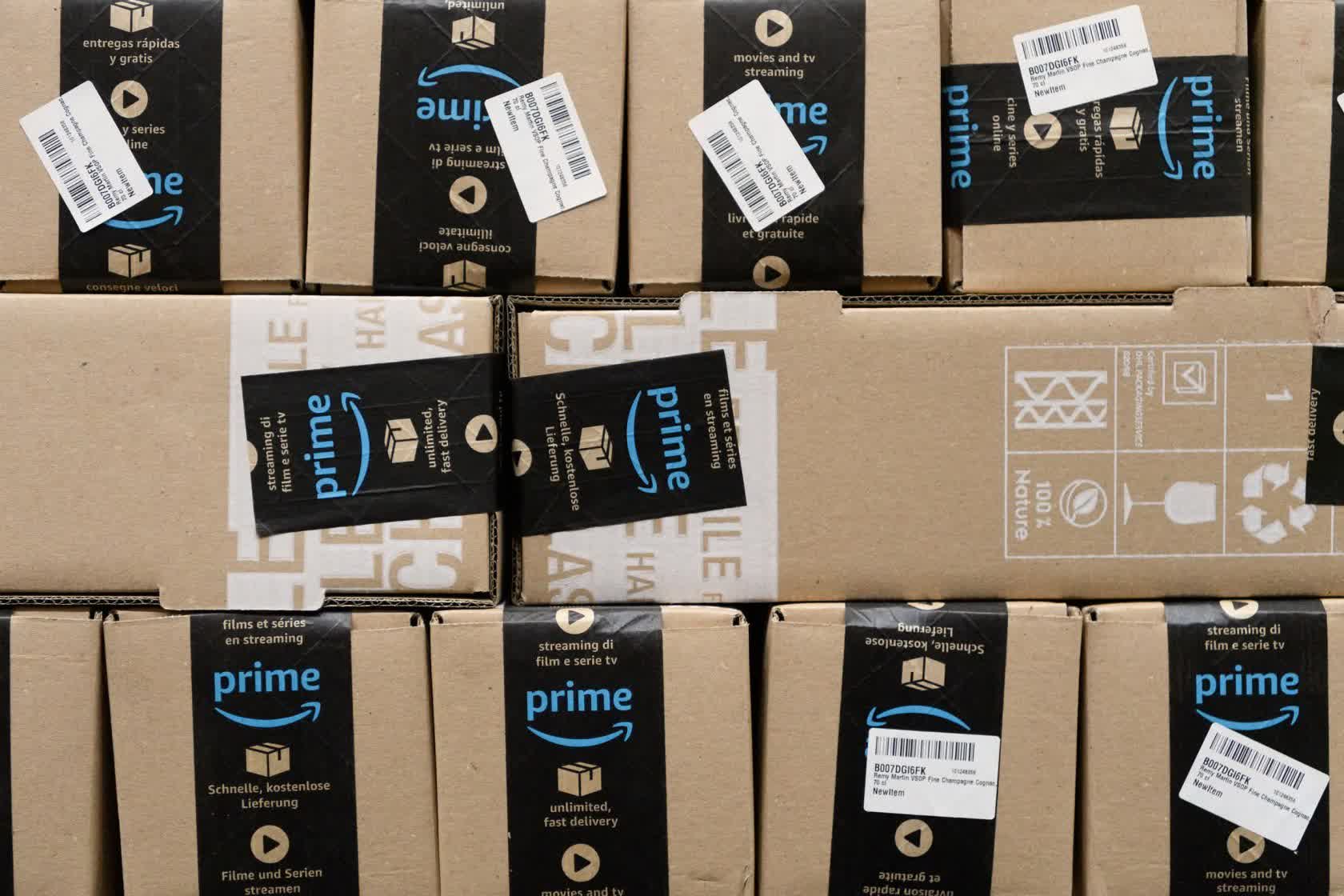In brief: Big tech companies always seem to be at the center of at least a few antitrust lawsuits and investigations, and Amazon is certainly no exception to that rule. Today, the digital retail behemoth has been embroiled in another such suit: the European Commission believes the company is unfairly using third-party seller data to bolster its own products.
Amazon is in a bit of a strange position as far as digital retailers go. Not only does the company sell a wide array of its own, custom products; ranging from mice to keyboards and from speakers to chairs, but it also hosts thousands upon thousands of other product listings as well.
As such, the Commission believes Amazon has exploited its dominant market position to gain an unfair advantage over the third-party sellers whose products it hosts. Commission investigators found that Amazon feeds back-end data about third-party sellers' products into its own algorithms to help it decide which products to launch.
The Commission says Amazon is using this data to directly copy the products of some third-party sellers and then sell its own versions at a lower price point. This is something Amazon has been accused of in the past, and it's how several products in the company's "Amazon Basics" catalog came to be.
"We must ensure that dual role platforms with market power, such as Amazon, do not distort competition," explains European Commission executive vice president Margrethe Vestager in a statement. "Data on the activity of third party sellers should not be used to the benefit of Amazon when it acts as a competitor to these sellers."

This investigation began a whopping two years ago, and has finally resulted in the above findings. However, those are only preliminary – a second investigation is starting soon, and it will focus on a related part of Amazon's business model: the "buy box." The buy box is simply the portion of a given Amazon listing that features the large "Add to Cart" and "Add to List" buttons.
When multiple sellers are listing the same product, only one of them can occupy the buy box at a given time (with the rest being pushed to a smaller "Other Sellers" section below). The European Commission's concern lies in the possibility that Amazon is favoring itself here, or third-party sellers who choose to use the retailer's shipping systems in lieu of independent alternatives like FedEx or UPS.
If Amazon is found guilty after this second investigation concludes, it could be forced to pay up to 10 percent of its annual revenue in fines, which would be a substantial chunk of change. Of course, Amazon's deep pockets also mean it can afford to retain world-class lawyers, so it remains to be seen whether or not any charges will stick in the end.
